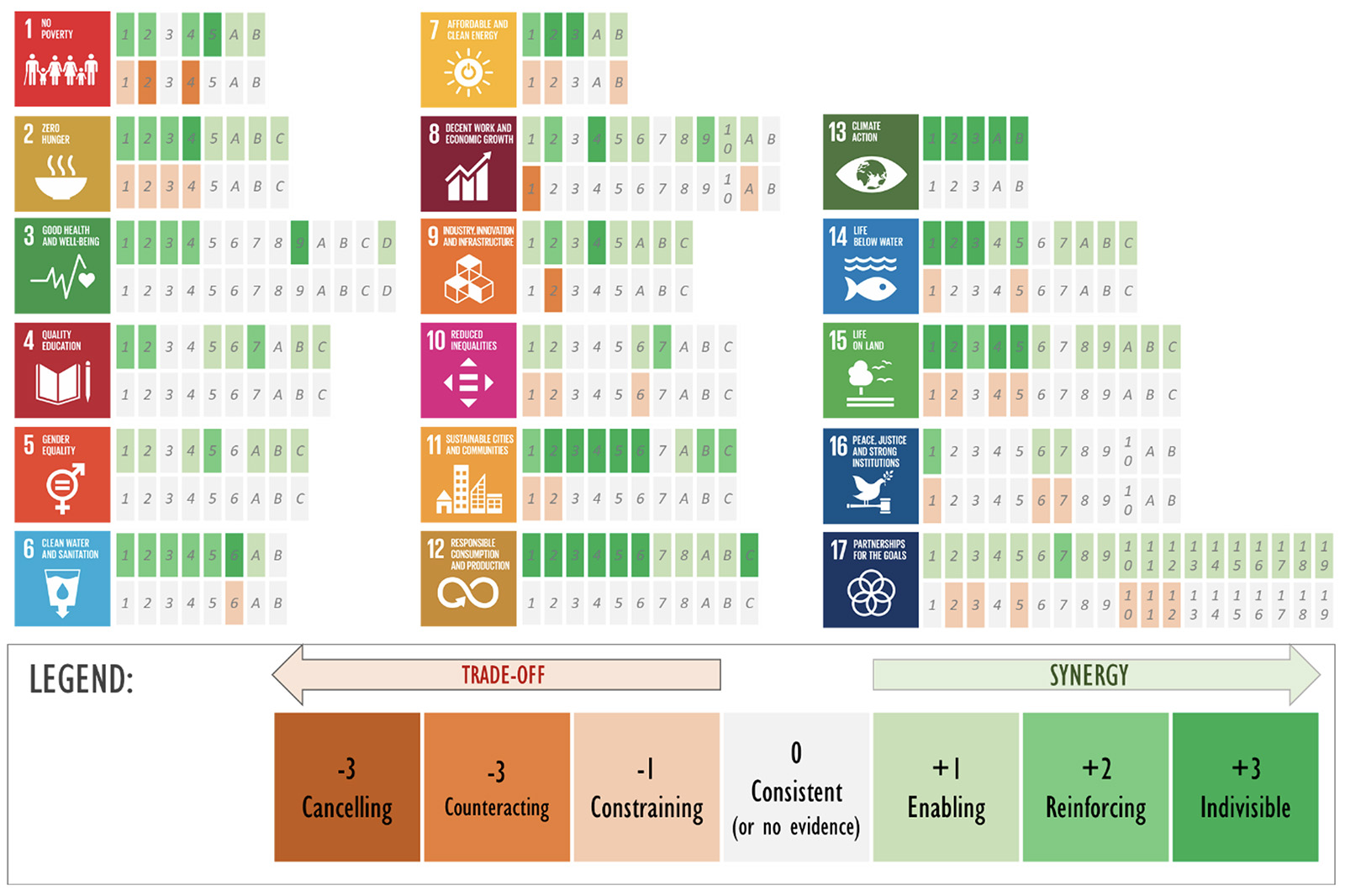We know what we should be doing to solve the climate crisis, why are we not doing it?

Today, April 4, IPCC Working Group III has released its long-awaited Sixth Assessment Report. The report urges for system-level climate action and focuses on the transformative changes needed to achieve both climate and sustainable development goals.
The landmark IPCC working group III 6th assessment report has just been released, focusing on the transformations needed to achieve the climate goals. This is the last of three reports in this assessment cycle. The first one focused on the physical science basis, the second on impacts, adaptation and vulnerability. This colossal work of gathering, analyzing and summarizing global scientific knowledge on climate mitigation is yet another wake-up call on the need of speeding up science-based and system-level climate action.
Readig across the report one realises: we know what we should be doing to solve the climate crisis, but why are we not doing it?
Some of the answers come from a new, very welcome, focus in this report, looking at how to achieve climate goals in synergy with other SDGs.
The good news there is that climate action can be synergetic with all SDGs, possibly enabling prosperous, equal and peaceful societies that use resources efficiently while minimizing environmental impacts.
Transformative system-level climate mitigation approaches looking at the achievement of the climate goals together with the SDGs open up opportunities to achieve multiple development objectives. The current focus on incremental changes has much more limited co-benefits.
This assessment confirms some key points, and especially that:
- While global pledges to reduce GHG emissions and getting to net-zero emissions are promising, the world is still not ´walking the talk´, and the last two decades showed the highest increase in emissions in human history. In other words, while the pledges, if achieved, are likely to limit global warming to 2 °C, the actual policies and investments to date does not follow the changes needed to achieve those pledges. With implemented current policies we are set to reach up to a 3.2 °C temperature rise, negatively affecting the achievement of all Sustainable Development Goals (SDGs).
- To achieve the climate goals a system transformation is needed to immediately peak emissions, and drastically reduce them in the next few years. This outcome is possible, but it is only achievable with strong transformative action to realizing net-zero pledges.
- We have pathways that lead us to a safer climate. Most of the technologies needed to achieve the climate goals are already mature. Adopting a range of technological, infrastructural, and socio-behavioral changes would get us there.
- Needs for both a sustainable recovery after Covid-19 and to rethink energy security in many parts of the world present opportunities for climate action. However, while there is sufficient global capital to achieve the climate goals, financial flows are 3 to 6 times lower than levels needed for the transformation – especially in low income countries.
However, to speed up climate action, key trade-offs needs to be acknowledged and addressed. Limiting global temperature change to 2°C is expected to lower global GDP growth, with diverse consequences across regions. Zero-carbon pathways entail distributional consequences such as changes in employment and economic structure. While most people will benefit from addressing climate change, some may not. Climate policies, if not properly designed can be socially and economically regressive, exacerbating inequality and poverty. A just transition across sectors is needed.
Such issues may pose difficult choices for decision makers, which cannot be resolved simplistically and require careful consideration to navigate the complex interactions between climate change and sustainable development.
On the basis of the IPCC 6th Assessment Report, in the next weeks and months we will work across KTH to understand how we, as researchers, can enable the transformative actions needed for net-zero and resilient societies.
Achieving the climate goals requires a system level view across many disciplines (breadth) and focused research and action if selected areas (depth). We are working to bring forward trans-disciplinary programs and collaborations to build upon the deep understanding of KTH researchers in their field while focusing on a system level and bringing expertise together to provide breadth.
At KTH, as a large technical university, we can and want to act as an engine for science-based positive change. As the lead for the IPCC WGIII report and fellow academic, Jim Skea, put it: “we know what to do, we know how to do it, and now is up to us to take actions”.
Text: Francesco Fuso Nerini, Director of the Climate Action Centre
